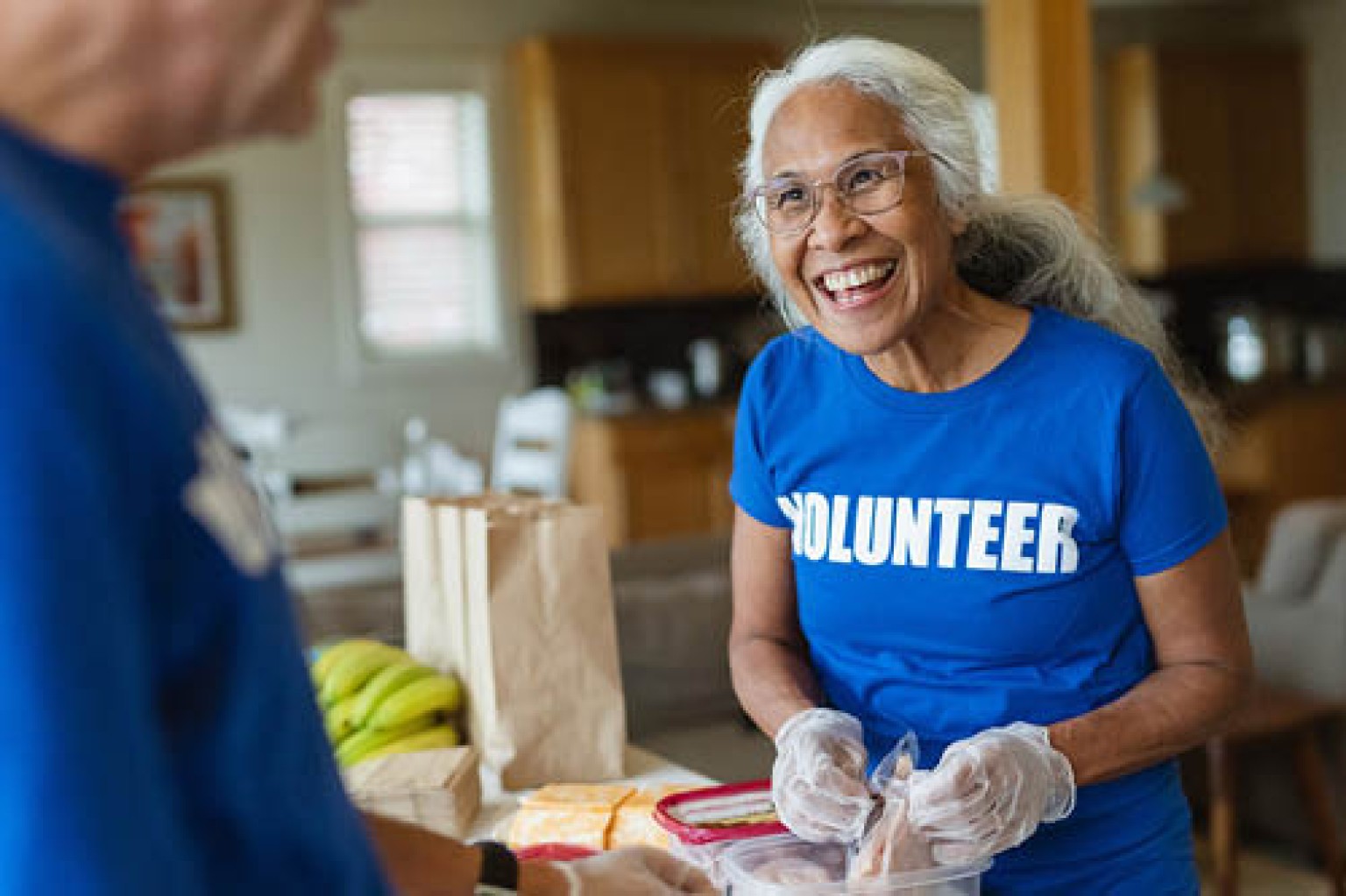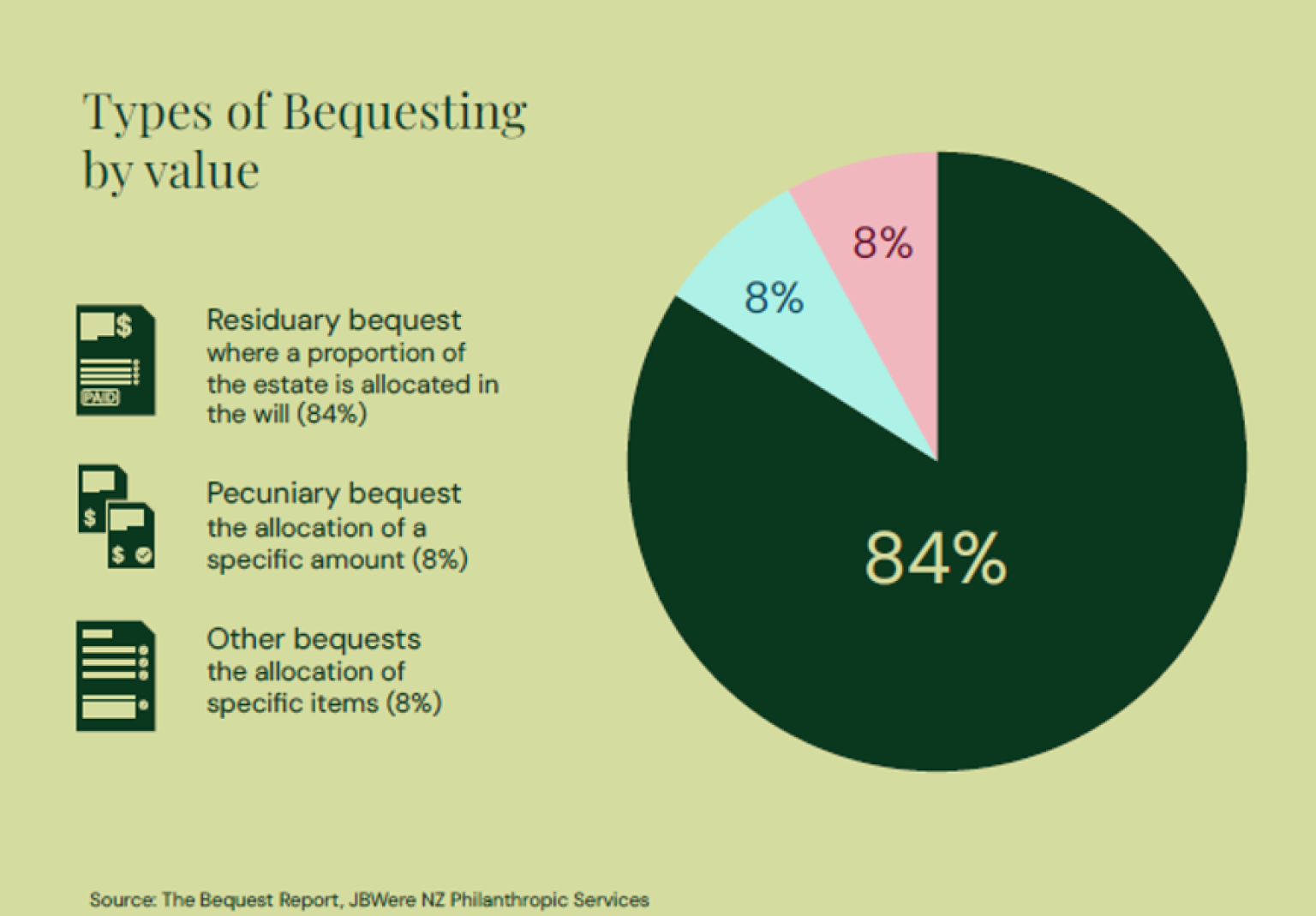
As New Zealand approaches the largest intergenerational wealth transfer in its history, women are emerging as key decision-makers. Matthew Williams, Senior Manager of Philanthropic Services at JBWere New Zealand, explains the opportunities for those in the charitable giving industry.

There is a certain irony in where we’ve landed. For generations, women were sidelined in inheritance, and wider money conversations. Now, as New Zealand stands on the edge of the largest intergenerational wealth transfer in its history, women sit firmly at the centre.
The question is, do our conversations about bequests, legacies and gifts in wills reflect that reality?
The JBWere Bequest Report 2025, in collaboration with Public Trust, shows female will-makers consistently donate more than their male counterparts. In 2024, younger females aged 18-35 showed a notable increase in giving compared to previous years.
The report estimates around $27 billion will pass between generations this year alone, part of a projected $1.6 trillion transfer by 2050. The scale is clear. What’s less discussed is who will make these decisions, and how those choices will shape families, communities and causes for decades to come.
A quiet shift in decision-making
Women are increasingly the custodians of intergenerational wealth. Greater female life expectancy, about four years longer than men, means that in many families, the surviving spouse is a woman. She could manage estate affairs for more than a decade before wealth transitions again.
I’ve seen this shift play out in my own whānau. My Nana, born and raised here but forever a proud Croatian, would shrug as she recalled being left out of her family’s inheritance entirely. Everything went to her brothers. That was within the last 40 years.
My mother, by contrast, took a leading role in managing her parents’ estate, guiding six siblings through complex and emotional decisions. On my father’s side, it was his sister, the one who lived closest and stayed most connected, who became the person in charge of her parents’ affairs.

The data tells the same story
Research from JBWere Australia shows women will soon control more than 65% of intergenerational wealth transfers. The eldest daughter is about 50% more likely to shoulder responsibility of the family estate. We know already that many women take charge of most day-to-day household budgeting.
These numbers have real implications, and opportunities, for philanthropy. While 60% of New Zealanders give financially each year, only 6% of wills include a charitable gift. Closing that gap will depend largely on the decisions women make in their senior years. Women ‘willanthropists’, a play on philanthropy through a will, can lead the way.

Shaping the giving conversation
Data from Public Trust underscores women’s influence: they donate more than men in their wills, and the largest gifts come from those aged 66-75. When women are invited into estate planning conversations early, the results are striking. They are more likely to consider how a small portion of the estate, sometimes just 1%, could support a cause that reflects their family’s values.
Most charitable bequests are made as residuary gifts. That’s a share of what remains after other commitments are met. These make up 84% of total bequest income, offering flexibility that keeps things fair for family while still creating real impact. Even 1% of the residuary estate can transform a cause without compromising family security.
Women’s roles are not just financial, they are often values-led. They are often the ones who keep the process moving, mediate between siblings and ensure legacy decisions honour the collective values. Their leadership, empathy and presence are already shaping the next chapter of giving. Their choices today will define the social impact of this unprecedented shift for generations to come. So the question remains, are we truly recognising this shift, and how are we acting on it?
JBWere’s New Zealand Bequest Report was released earlier this year in collaboration with Public Trust.
About Matthew Williams
Matthew works alongside JBWere Wealth Management Advisors to support philanthropic families and purpose-led organisations in Aotearoa New Zealand to deliver lasting, positive impact. For more: JBWere Philanthropic Services.